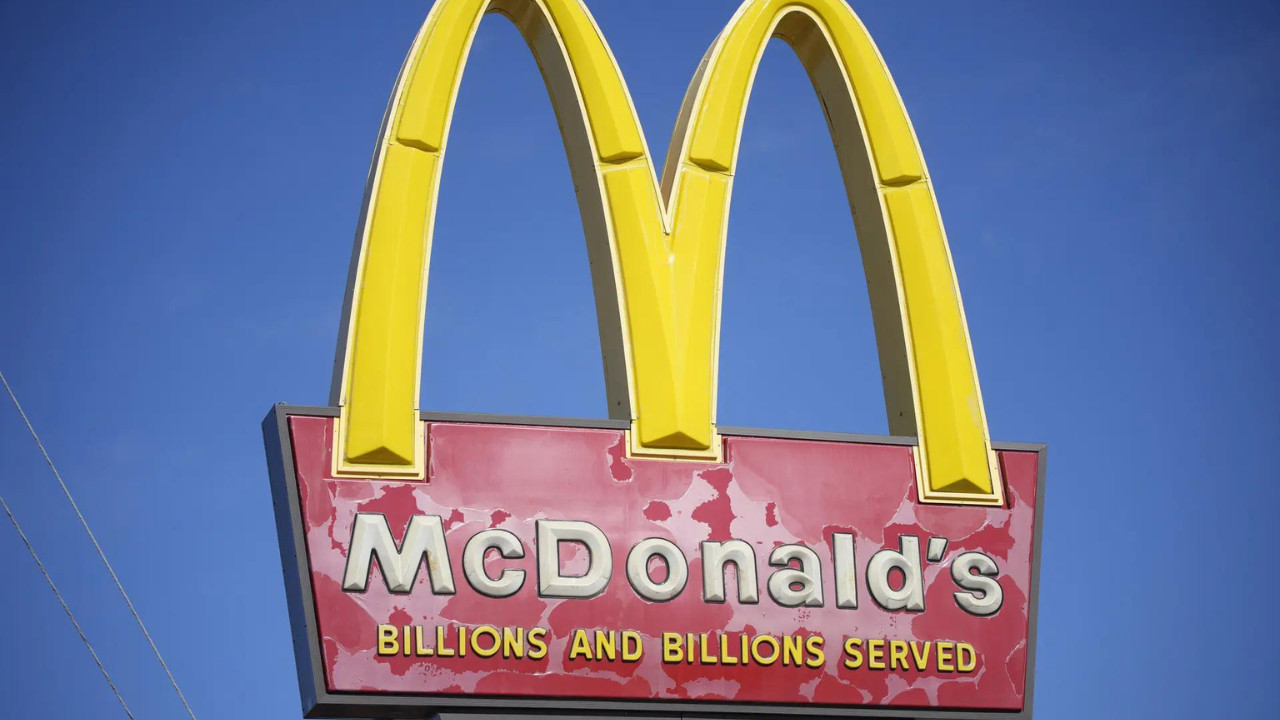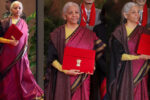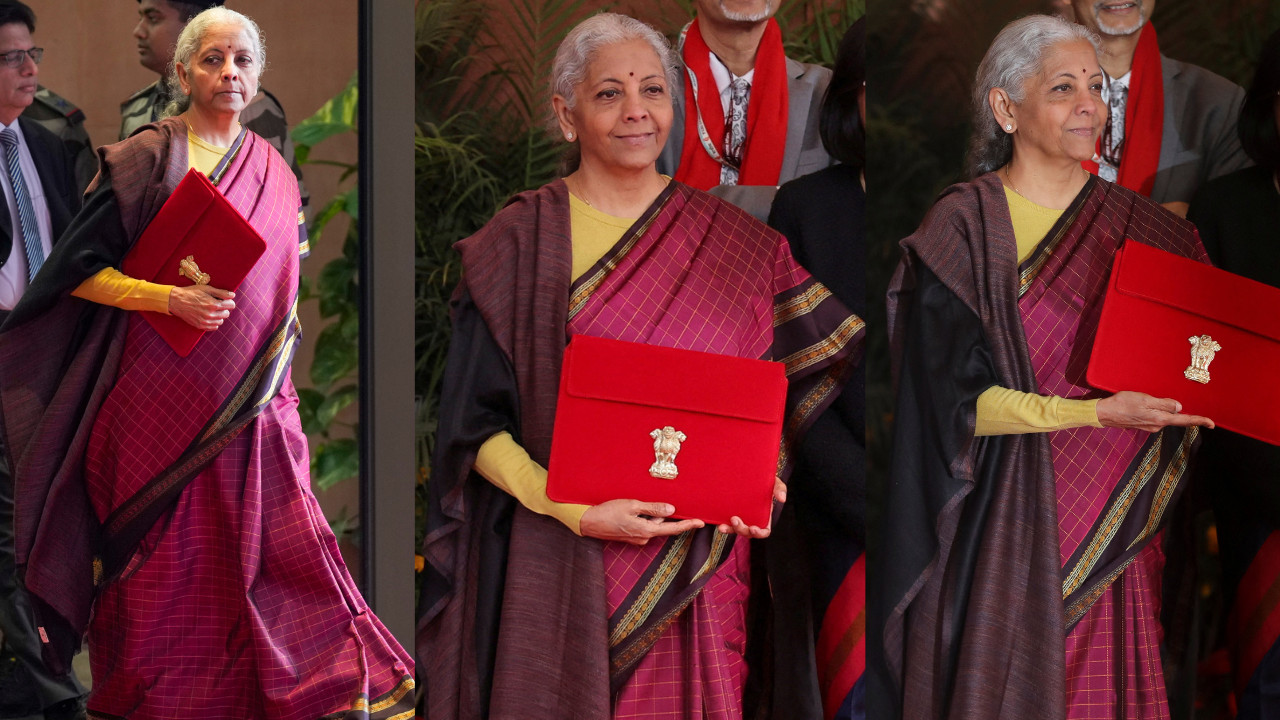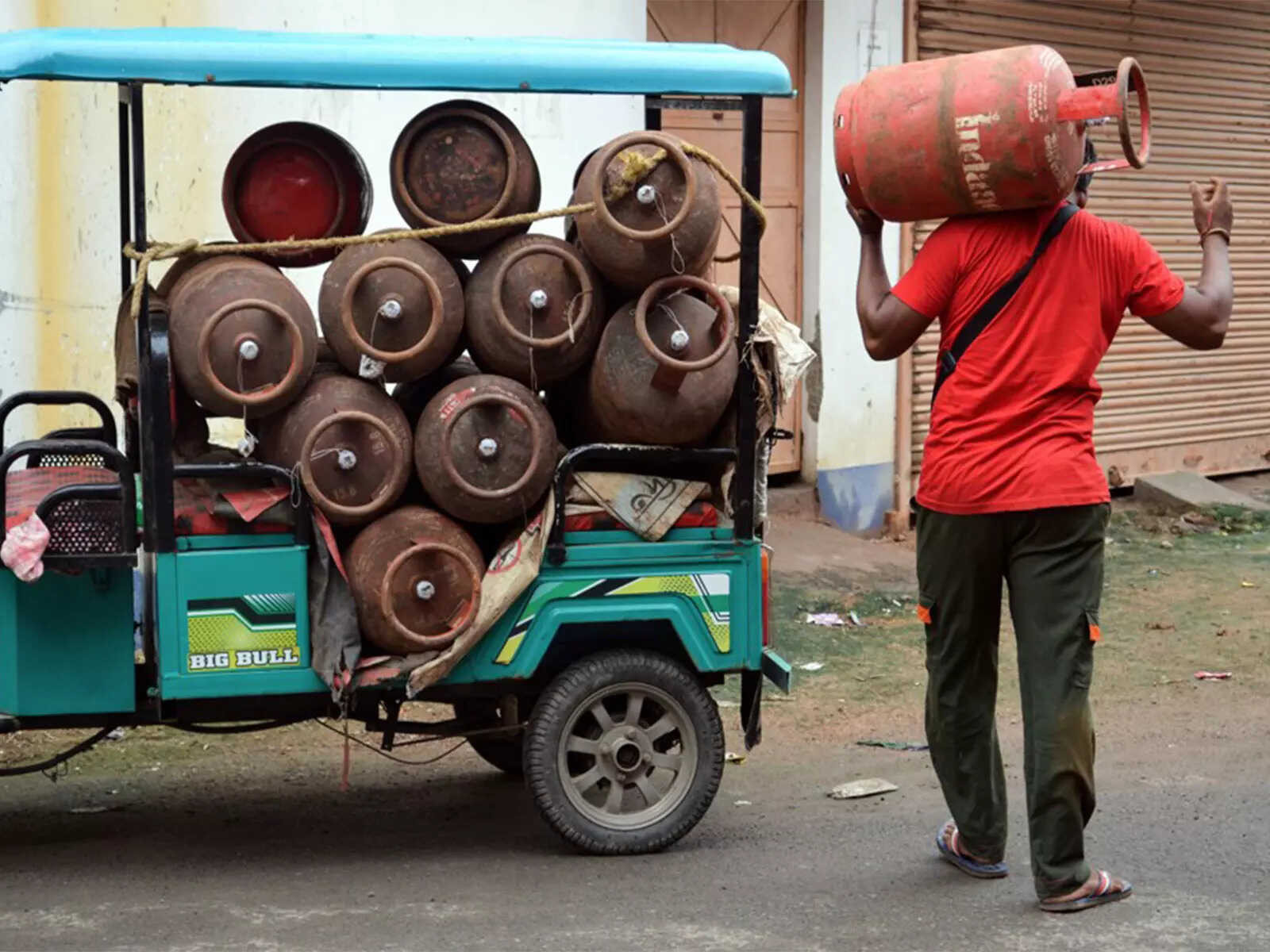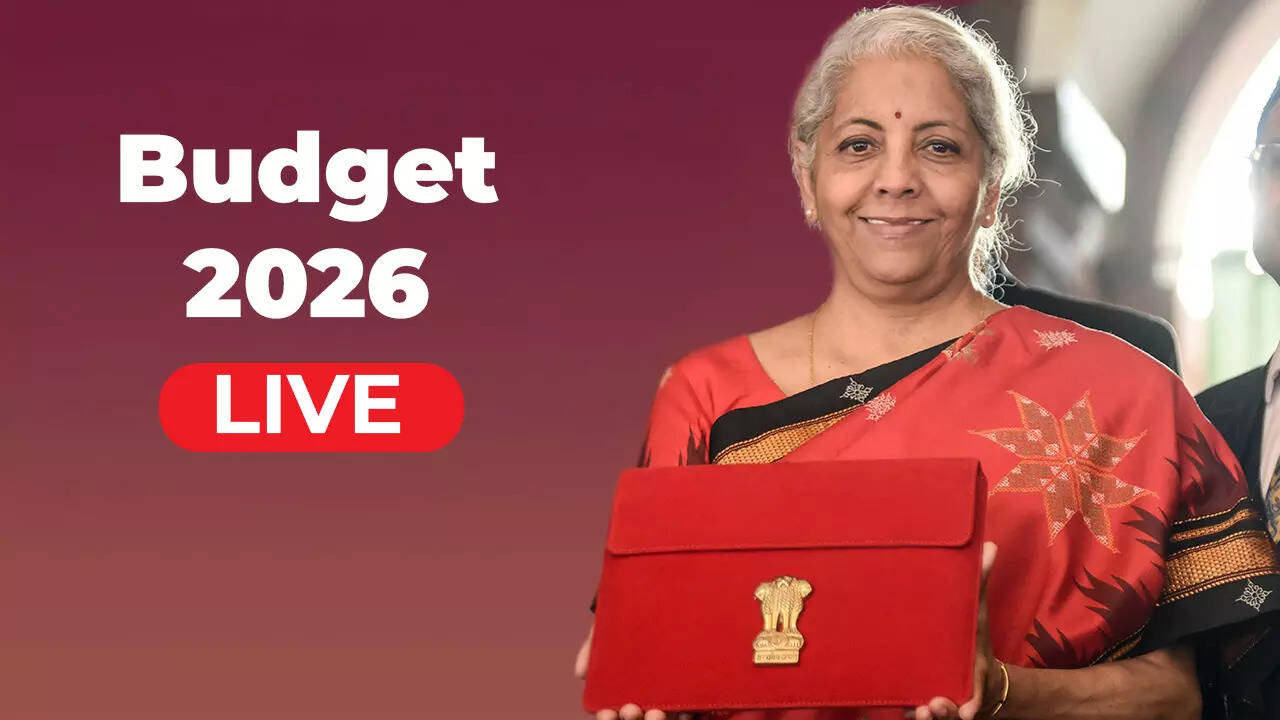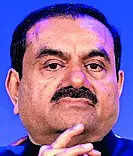President Putin has asserted that Russia will not welcome McDonald’s return after their exit in 2022 due to Western sanctions. He emphasized support for Russian entrepreneurs, stating any returning foreign companies must operate on terms advantageous to Russian businesses. Putin highlighted that some foreign partners are seeking to resume business ties, but only under beneficial conditions for Russia.
The Golden Arches’ Ghost: Will McDonald’s Ever Really Return to Russia?
Remember those iconic golden arches looming large over Moscow squares? It feels like a lifetime ago, doesn’t it? Ever since McDonald’s pulled out of Russia in the wake of the Ukraine conflict, a familiar hole has been left in the culinary landscape – and the nostalgia bank. But the question of its return? Well, that’s proving to be a much tougher burger to swallow than anyone anticipated.
Putin himself weighed in recently, and let’s just say the tone wasn’t exactly welcoming. Instead of a celebratory red carpet rollout, it sounds more like a… “lukewarm welcome, if you’re lucky” sort of scenario. While he acknowledges the void left by departing Western companies, he also seemed pretty clear that Russia isn’t exactly pining for a repeat of the pre-war status quo.
Instead, the message seems to be: “We can manage just fine, thanks. We’ve got our own burgers now.” And they do. Remember “Vkusno i Tochka” (Tasty and That’s It)? That’s the Russian-owned successor, operating in the same locations, serving vaguely familiar menus. It’s a bit like that cover band that sounds almost, but not quite, like the real thing.
So, what’s really going on here? It’s more complex than just simple economic pragmatism. It’s a power play. A statement. A demonstration of self-reliance. Putin’s words suggest a calculated attempt to shift away from reliance on Western brands and assert a new era of economic independence. He’s subtly flexing Russia’s ability to attract and nurture domestic alternatives, and even court other foreign businesses, ones perhaps less…politically sensitive.
Think about it. McDonald’s wasn’t just a fast-food chain. It was a symbol. A symbol of globalization, Western influence, and a certain type of aspirational lifestyle. Its presence was a visual representation of Russia’s integration into the global economic order. Its departure, therefore, carries a far greater weight than just the loss of a Big Mac.
Now, you might be thinking, “But surely, the demand for McDonald’s is still there!” And you’d probably be right. Nostalgia is a powerful force, and let’s face it, “Vkusno i Tochka,” while trying its best, probably doesn’t quite capture the magic of the original.
But the reality is, even if McDonald’s somehow managed to navigate the political minefield and express an interest in a comeback, the terms of engagement would be vastly different. Any return would likely involve significantly more local control, greater government oversight, and perhaps even a mandatory partnership with a Russian entity. Imagine the layers of negotiation and compromise required. The sheer logistical headache alone would be enough to give any corporate lawyer nightmares.
Furthermore, Putin’s comments highlight a burgeoning interest from other foreign firms. Companies from Asia, the Middle East, and even Latin America might see this as an opportunity to step into the void left by Western businesses. This competition, combined with the “Vkusno i Tochka” presence, further muddies the waters for any potential McDonald’s resurrection.
The real takeaway here is this: the landscape of international business is shifting dramatically. The conflict in Ukraine has accelerated a trend towards de-globalization, with companies forced to make difficult choices about where they operate and who they partner with.
For McDonald’s, the Russian chapter remains unwritten. It’s a cautionary tale of geopolitical forces impacting the everyday, and a reminder that even the most iconic brands are subject to the winds of political change. While the golden arches might always hold a certain allure, the chances of them gracing the Moscow skyline again anytime soon? Well, let’s just say don’t hold your breath. Instead, keep a close eye on the shifting sands of the global economy, and the rise of those “other” foreign firms eyeing a piece of the Russian pie. Because in the grand scheme of things, this isn’t just about burgers; it’s about power, influence, and the future of global trade.
📬 Stay informed — follow us for more insightful updates!
